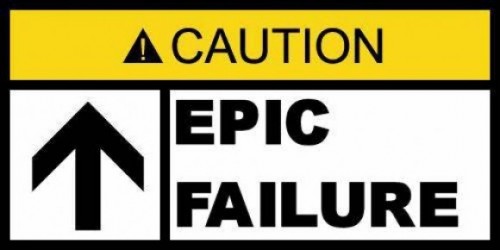Of course, there are relationships I can't have, or situations involving relationships I can't have. And there are relationships I have to have, or situations within relationships I have to have.
But in between those extremes, I have agency. I can decide. And I'd suggest that (barring weird hypothetical and abstract conversations about free will or whatever) the vast majority of my relationships and situations involve a decision on my part. And this gets down to what I so often have difficulty articulating:
What I want.
With the HSO, what I want is absolutely clear to me— nothing has ever been clearer— but it's not currently an option. So this framework also goes to what I do when I can't have exactly what I want. I think this all can be a valuable way to show up for life— meditating on these categories. Can't, have to, want, don't want, decide to accept, decide not to accept.
If I don't reflect on these fairly clear categories, my boundaries get vague and I can even start to feel suicidally powerless. Not the powerlessness of recovery but the powerlessness of despair and self loathing. The self-pitying "what's the use" total and abject failure.
(side note: I finally got sick of two hyphens as a substitute for one of my favorite punctuation marks, the em dash, and looked up how to type one. This— and I say this in all seriousness— is one of the best things I have accomplished today).
How important to you is a sense of agency? It's very important to me to think I have a choice in matters. To think I am able to carry out what I would like to carry out or at least decide to accept how things are in the face of not having a choice. I guess this sense of agency is probably important to most people. I think feeling the despair of helplessness and ineffectual action is a core part of all of my ills.
In particular, the pitiful and incomprehensible demoralization that the book Alcoholics Anonymous talks about that results from the repeated, worsening experience of not being able to quit drinking on one's own power— that's a nexus of lack of agency. Or of only being able to quit under extreme duress and with such misery and discomfort that one might as well be shitfaced. It seems like one overarching way to describe all addictive, compulsive behaviors is that they arise out of a total failure of agency. We consider ourselves to be capable of behaving however we choose, and the stark awareness of an addiction that completely short circuits this perception of free choice is truly an awful insult. And, from the perspective of a person who still has free choice in the matter, addiction is truly incomprehensible. Not just puzzling or weird, but truly beyond the scope of understanding.
Recovery people sometimes blithely talk about "denial," and how fierce a person's denial of alcoholism can be before they cross to the honest side of step 1. But I think it goes deeper than just denial. I think it's primal and fierce self-defense. The plain fact to the ego is that an inability to choose is simply impossible. The loss of choice is a total defeat, from the standpoint of the ego. The ego resides in a sense of personal power. That part of myself that believes it is in control *is* my ego, or a large aspect of it.
So how many bound up situations do I have? Where are all the places where it is true in reality that "I can't" or that I "have to"? And to what degree am I at peace with those contingent and restraining realities?




No comments:
Post a Comment
This is an anonymous blog, mostly in an effort to respect the 12th tradition of Alcoholics Anonymous. Any identifying information in comments will result in the comment not being approved.